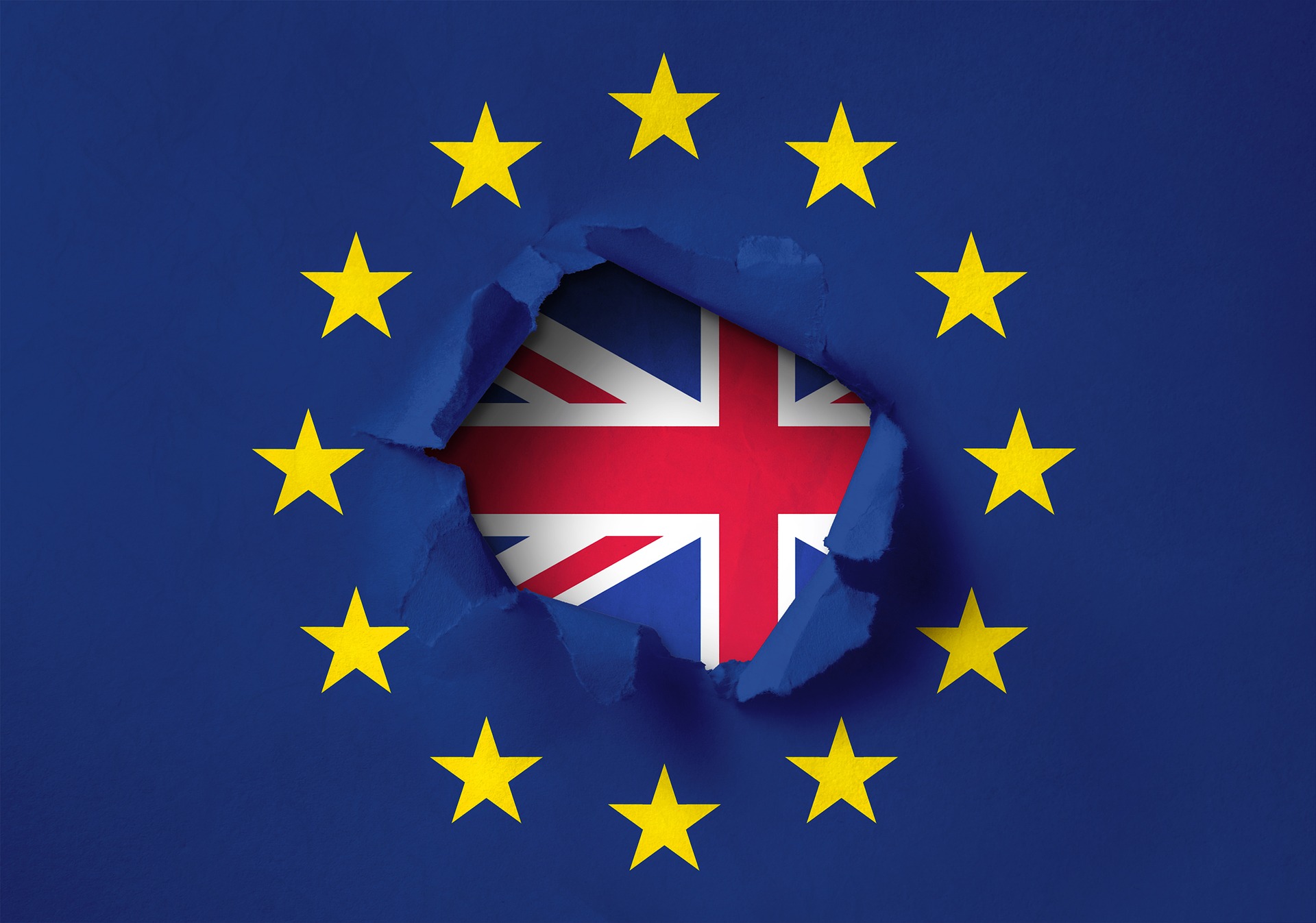The past ten days have turned out to be a very dramatic period in the Brexit negotiation process. This has affected not only political relations but also education communications and partnerships.
What happened in the past ten days?
The past several days and weeks have seen new developments in the way Brexit negotiations are handled internally in the United Kingdom (UK), and externally by the European Union.
Currently, the UK Prime Minister Boris Johnson is actively pushing towards an exit without a deal. However, recently uncovered government papers called have unveiled the most disastrous scenario of an exit without a deal.
The latest move by the Prime Minister was to suspend the activity of parliament for an unprecedented break, just about a month away from the exit date. According to his opposition, this move was simply a tactic to prevent parliament from accepting an agreement on Brexit.
What is more worrying is the constant struggle between the Prime Minister and Tory opposition, who cannot seem to agree on a plan, or exit strategy. If this does not happen before 31 October, the UK will most likely exit the European Union without a deal.
What effect does this have on education?
Brexit has already started affecting the education system in the UK. While there is no certainty of the outcome of negotiations, there is no doubt that the UK will not be part of the European Union very soon, with or without a deal.
According to recent reports, students are showing less interest in pursuing foreign language subjects as a result of the Brexit prospect.
Not only that, but Brexit negotiations are threatening the prosperity of one of Europe’s most renowned exchange programs – Erasmus. Experts have been warning that while British universities have been some of the most popular exchange destinations so far, this situation is bound to change.







